Formation Group Series: Chapter 8
Chapter 8: The Gift of Forgiveness
…our society is one marked by selling and buying, not giving and receiving. Forgiveness is scandalous in our culture…
None of us escape the issue of forgiveness. God’s profound gift of forgiveness softened my heart, and most likely yours, and inspired me to follow Him in the first place. It is forgiveness that marks the lives of those who follow Jesus, flowing from God to us, and from us to those around us. Forgiveness is the light in a dark world. As Pastor Rich writes, “the forgiving person possesses a generosity that confounds the world.”
The man in the story refused to allow his forgiveness to overflow to others, and as a result, he remained in bondage.
When we receive God’s forgiveness, we accept the call to forgive others. When I’m struggling to be a forgiving presence to those around me, most of the time it is because I’ve forgotten that, first and foremost, I’ve been profoundly forgiven. Paul writes in 1 Timothy verse 15, “This is a trustworthy saying, and everyone should accept it: “Christ Jesus came into the world to save sinners”—and I am the worst of them all.” As I contemplate Jesus’ crucifixion, and his love towards me even in that moment, I am deeply moved and inspired to carry that forgiveness to the world, because he first forgave me.
The options before us as people desiring to follow Jesus are not just extending forgiveness or withholding it. The only option is to figure out how to extend it in ways that honor our dignity, attend to our wounds, and reflect the gracious God revealed in his Son.
I confess that, while inspired to a life of forgiveness by the Holy Spirit and the Gospel of Jesus, I do not find it to be easy. There are times when, in the moment, I am able to freely and joyfully offer forgiveness to another, yet, later, I am still torn over previous wounds and offenses. This does not mean I’ve not forgiven that person. Forgiveness is “releasing our debtors and entrusting them to God’s love and justice.” While forgiveness allows us to move forward and tend to our wounds and inner life, it does not bypass that healing process or simply erase the offense. We are called to both forgive others and become emotionally healthy and mature. Forgiveness is the open door to emotional health and maturity.
The powerful phrase Will you forgive me? is one of the most difficult for us to utter.
As Christians, we are called not just to ask for forgiveness, but to do this well. This takes consideration, practice, and work. We let go of the need to defend, and honor the needs of those whom we have wounded. Personally, I’ve found marriage to be the perfect training ground. Often, after my first attempt at asking for forgiveness, I will move in for a second round, not for lack of forgiveness from Felicia, but because I failed to let go of defense and truly honor her needs. We see this shift in our kids as we coach them through asking for forgiveness and forgiving. They move from just wanting to be let off the hook, to truly honoring the experience and needs of the other.
Consider a world where people are routinely requesting and offering forgiveness. Think about the joy in our homes that would uproot resentment. Try to visualize relationships not marked by defensiveness and contempt. Ponder the amount of stress you wouldn’t have to carry, because the weight of bitterness and self-protection would not be necessary. It’s a beautiful vision of the good life, yet it’s not easy to get there.
Reflection
How has your life changed as you’ve embraced the call to forgive?
Pastor Rich discusses what forgiveness does not mean. How has this inspired or enriched your understanding of forgiveness?
Forgiveness has been described in this book as a journey with stages, similar to the five stages of grief. We are encouraged not to practice forgiveness in haste and without careful reflection. Why is this important? What benefit might we gain by applying this understanding to our practice of forgiveness?
There are right and wrong ways to ask for forgiveness. “In asking for forgiveness, we are to focus on our actions, not the person’s perception of the event.” What does this look like?
“Forgiveness is a revelation of divine love, the kind of love that forms us more deeply than the world’s cycle of retribution and violence.” How does practicing forgiveness bring the Kingdom of God?
Bible Passage for Meditation
John 13
34 “A new command I give you: Love one another. As I have loved you, so you must love one another. 35 By this everyone will know that you are my disciples, if you love one another.”
